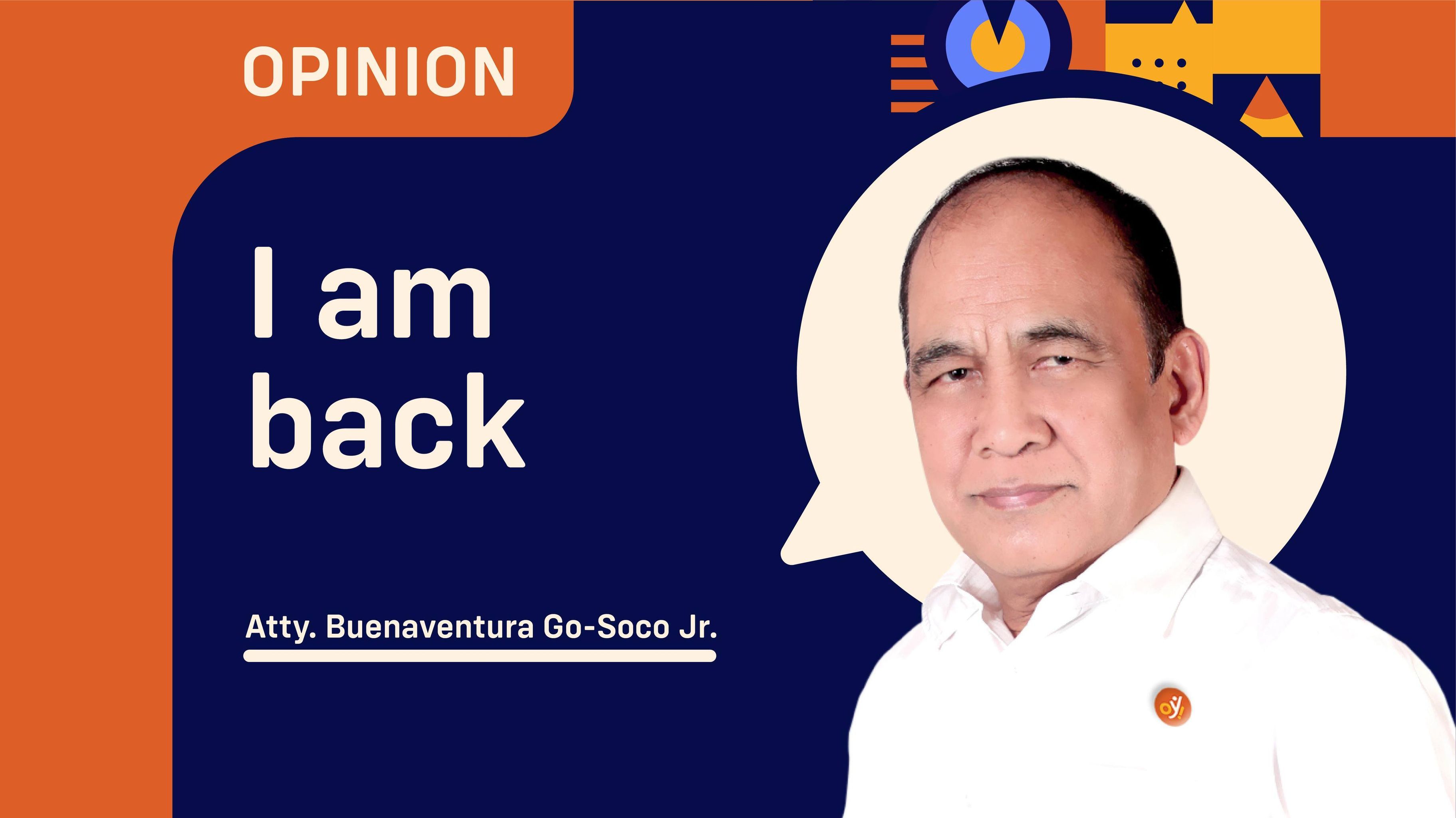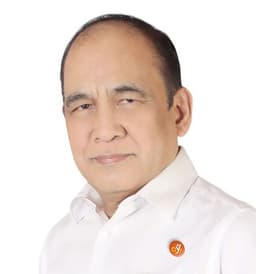In the course of the current initiatives to combat corruption in the Department of Public Works and Highways, the Regional Development Council has been mentioned several times. Sec. Vince Hizon and some senators cited the RDC as important in the fight to help determine the culprits in the already acknowledged corruption in infrastructure projects.
They said the RDC can help determine ghost projects and the flow of projects that can be included in the national budget, the General Appropriations Act.
For one, these statements place a high importance on the RDC. But the question is: can this Council be up to the task?
There are many aspects of this subject matter that I can mention here. I will start with a few and reserve the rest for the next issues.
I will start with planning and budgeting. In the latest hearing of the Senate’s Blue Ribbon Committee, Sen. Bam Aquino mentioned the RDC's role in endorsing projects for inclusion in the national budget. He inferred that it is an important process, so the local governments involved also endorse the projects, since the Governors and City Mayors are members of this Council.
On this, I would like to add that a fourth of this body's membership represents the Private Sector.
However, Sen. Aquino also notes that only a third of the RDC's proposals are included in the national budget. At the RDC, the term for this is “low batting average”, a term used in the game of baseball referring to the number of hits as a percentage of the total number of swings of a batter. (I personally do not agree with the use of the term, but it seems to be accepted at the RDC.)
Well, for one, this shows that Senators are aware of the existence and functions of RDC and its inability to get most of the funds it needs for development.
What he did not mention is that the Senators and Congressmen and women are not members of the RDC. Therefore, there will always be a clash between what the RDC expresses as the funds it needs and what the national legislative bodies think the projects they need are in their districts.
At least the RDC budget proposals express what the regions need, but the power of the purse, as mandated in our Constitution, lies with Congress. The RDC's endorsements to Congress for inclusion in the national budget are recommendatory. The “insertions” are made because they are not included in the RDC proposals.
This is a puzzle to me. If the projects are needed, why are they not in the proposals endorsed by the RDC?
The answer is what I mentioned above. It is simple. The Congressmen (and Senators) are not members of the RDC.
Also, the need for projects nationwide is enormous. Any project proposed by a Congressman and a Senator will always have some use. Of course, there will be exceptions, like the ghost projects, which are the height of stealing public funds.
The other aspect I want to emphasize here is in monitoring. Sec. Hizon pointed this out several times at the beginning of the effort to get data. Perhaps he was told that the RDC and NEDA have a Regional Project Monitoring System. He was not told that the system would not list ghost projects because, precisely, they are ghosts. They do not exist; therefore, they are not in the DPWH official reports aggregated into a regional multi-agency RPMS.
What could be more astounding is that the RPMS will not show corruption. The RDC of Central Luzon, where the expose started, was unaware of ghost projects, substandard projects, bid-rigging connivance, and kickbacks given to many people. If it did, it would have flagged these practices. Remember, the DPWH is a member of the RDC, and yet the RDC was clueless.
What will explain this lack of teeth to combat corruption? I have a theory: government reports coming from implementing agencies will not reveal corruption.
I get it now. With three-fourths of its members from the government sector, how can it adopt an independent stance and serve as a critic of corruption within the government? Any resolution citing corruption will certainly be toned down or disapproved.
Can the RDC be expected to play a major role in bringing the corrupt to court and holding them accountable for their crimes against the public? It cannot, because it is not within its mandate as spelled out in the Executive Orders that created it. It is toothless in this regard.
It can contribute data and project recommendations. But that is it. A limited role is better than nothing.
#WeTakeAStand #OpinYon #OpinYonColumn #IAmBack

